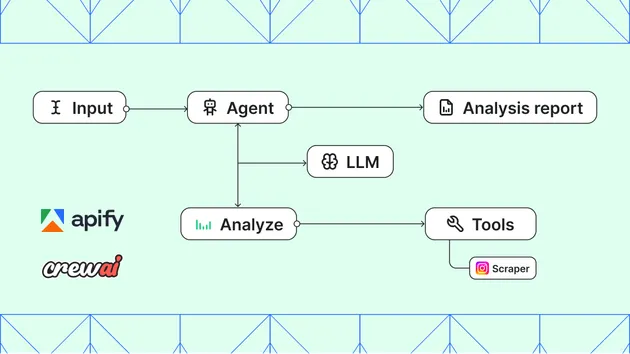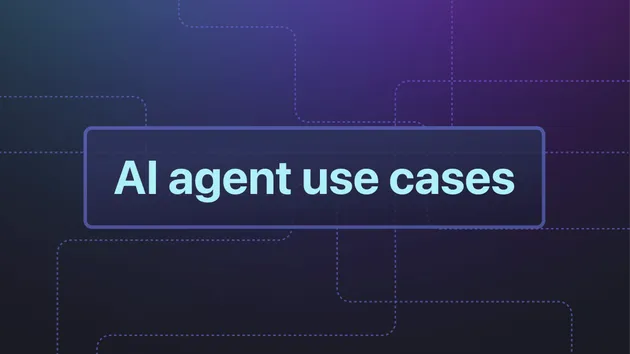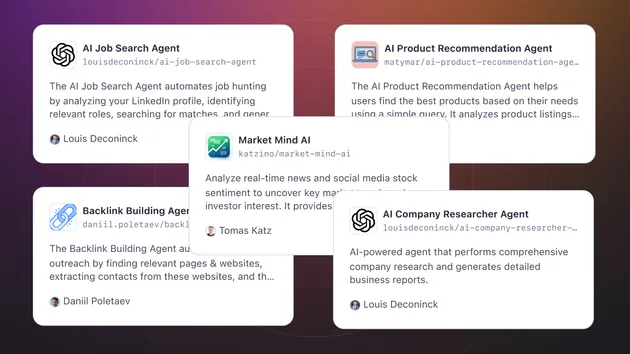Actor README Generator Agent
Pricing
Pay per event
Actor README Generator Agent
Generates a README for an Apify Actor using an AI Agent. You only need to provide the actor id to generate a readable and SEO optimized README for the Actor. The generation process utilizes Apify's Official README Guide. This Agent is open source (link in readme).
0.0 (0)
Pricing
Pay per event
5
2
2
Last modified
6 months ago





